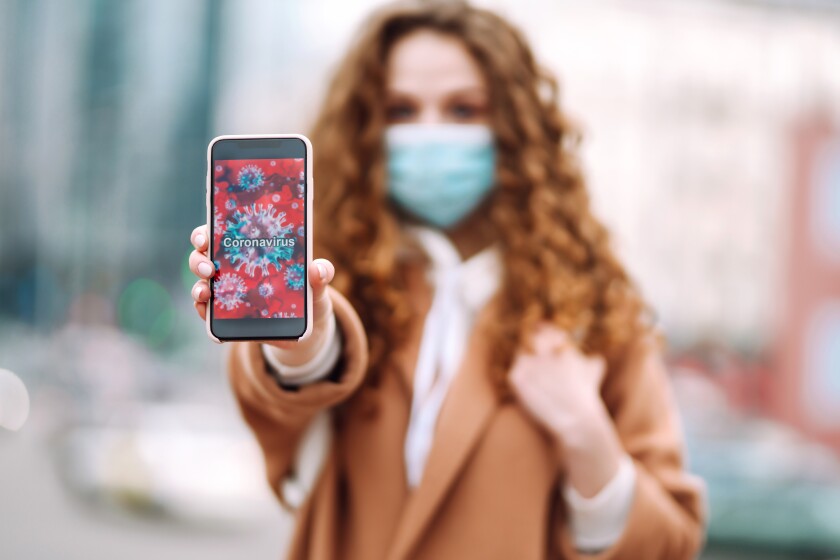
Pharma giant Pfizer has shelled out nearly US$120 million to acquire a small Australian company claiming to have developed a smartphone app that can accurately diagnose COVID-19 by analyzing the sound of a cough.
For around a decade small Australian digital healthcare company ResApp has been working on developing an algorithm that can diagnose respiratory illnesses by simply studying the sound of a patient’s cough. Initially the system was trained to diagnose pneumonia, but by 2019 the researchers had shown the technology could effectively distinguish asthma, croup and bronchiolitis.
When the pandemic struck in 2020 the team unsurprisingly quickly pivoted to incorporate COVID-19 diagnoses into its cough-recognition technology. By early 2022 the first data from a pilot trial testing the COVID algorithm revealed impressively good results.
The trial found the system could accurately detect 92% of positive COVID cases solely from the sound of a cough. The system also recorded 80% specificity, meaning only two out of every 10 people screened received false positive results.
Soon after ResApp revealed these results pharma giant Pfizer began circling, initially offering around $65 million for the technology. Now, in a formal acquisition announcement, a deal has been finalized for Pfizer to buy ResApp for a massive $116 million.
In a statement, a Pfizer spokesperson said the preliminary data was encouraging and the deal expands the company’s footprint into the sphere of digital health.
“We believe the COVID-19 screening tool is the next step to potentially provide new solutions for consumers that aim to quell this disease,” the spokesperson said to ABC news. “We look forward to refining this algorithm further and working with regulators around the world to bring this important product to consumers as quickly as possible.”
The ResApp team hopes the acquisition by Pfizer helps the technology grow and be widely deployed in remote parts of the world. Udantha Abeyratne, one of the original developers of the algorithm, said the goal of the project was to help bring better diagnostic tools to communities around the globe.
“From the very beginning, I had a big vision to develop scalable, cheap technologies to diagnose pulmonary diseases all over the world – not only in remote sub-Saharan Africa, but even in developed urban cities like New York and Brisbane,” said Abeyratne. “I hope they will be able to diagnose killer diseases like pneumonia in very remote communities in Africa and Asia because they don’t have access to sophisticated hospitals.”
Pfizer pays almost $120 million for app that detects COVID from a cough [New Atlas]